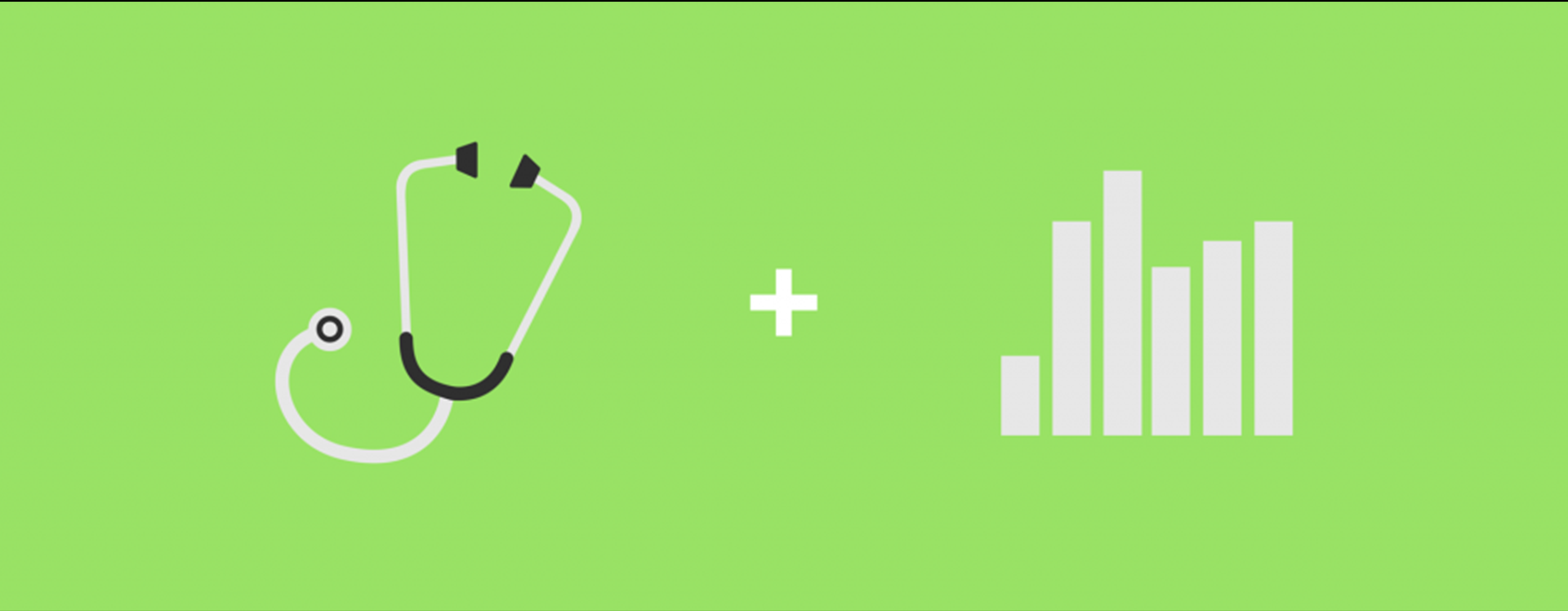Interested in becoming a healthcare data scientist? Here’s what you need to know about the field that focuses on the use of health data to inform decisions and make new discoveries:
What exactly is a healthcare data scientist?
“A data scientist is somebody who is inquisitive, who can stare at data and spot trends. It’s almost like a Renaissance individual who really wants to learn and bring change to an organization,” says Anjul Bhambhri, vice president of big data products at IBM.
Data scientist is the number one best-ranked job, according to the 2021 CareerCast.com Jobs Rated report . Not only is the job ranked first and in demand, it’s also highly lucrative.
According to the U.S. Bureau of Labor Statistics, data, computer, information research scientists roles are predicted to grow 22 percent from 2020 to 2030. This projections is faster than the average for all occupations. Increasingly, companies looking to hire data scientists are in the healthcare sector. As big data continues to grow commensurate with electronic health records, healthcare data scientists are the ones who manage and merge data sources, create visualizations, build mathematical models, and present insights—all with the goal of producing answers, predictions, and calculations as quickly and accurately as possible.
A simple search for “healthcare data scientist” on indeed.com generates more than 3,900 jobs nationwide, many of which require previous healthcare experience and knowledge of patient data.
According to the most updated information available on Glassdoor, data scientists earn an average annual salary of $117,212. It’s fair to assume that those working in healthcare—and who possess a formal health information management education—may earn even more due to their specialized knowledge.
Blending a health information management and data science career
According to AHIMA’s Career Map, many HIM employers actually require or strongly prefer a master’s degree for certain types of data-related positions such as informaticist researcher, data analyst, research and development scientist, project manager, director of clinical informatics, or chief clinical informatics officer. A master’s degree in data science certainly fulfills these requirements.
Even if you don’t intend to advance your career in the immediate future, a degree in data science can make you a more effective health information management professional. By building a solid foundation in computer science and applications, communication, modeling, statistics, analytics and math, those with a working knowledge of data science are able to:
- Collect and report on complex data
- Communicate findings to both business and IT leaders
- Apply data to business problems
Learn more about our 100% online degree and certificate programs.![]()
Get Program Guide
5 skills that directly apply to healthcare data scientist jobs
The following data science skills are particularly helpful for individuals currently working in health information management:
1. Data warehousing. Health information management professionals can use data warehousing skills to collect, clean, and prepare data stored in the electronic health record and various other electronic systems. Being able to evaluate data in terms of its source, volume, frequency, and flow is an important part of ensuring effective health information exchange.
2. Big data computing. Health information management professionals can use big data computing skills to answer important questions, such as: How can the organization reduce readmissions or prevent hospitalizations? What is the root cause of certain denials? Can the organization justify expanding a particular service line? Should it join an Accountable Care Organization or purchase a physician practice?
3. Data communication. Health information management professionals can use data communication skills to educate decision makers about the nature, structure, and interpretation of coded data, including ICD-9 versus ICD-10 as well as a whole host of other clinical and non-clinical data.
4. Data mining. Knowledge of data mining can benefit health information management professionals who frequently generate reports necessary for clinical and operational improvement. Accessing and analyzing unstructured data helps health information management professionals create a more well-rounded and insightful clinical picture.
5. Data science ethics. Being able to discuss the privacy, intellectual property, security, and integrity of data is an important aspect of data management, release, and exchange in an increasingly electronic health information management environment. Those who are well-trained in the ethics of data science can contribute intelligently to these types of conversations and drive change within their organizations.
Choosing a data science master’s degree
Although a master’s degree in data science may be costly, health information management professionals may find that online options are more affordable and easier to integrate into an already busy schedule. Getting a master’s degree in data science will invariably help health information management professionals tackle these ongoing challenges within the industry:
- Raise awareness of the intersection between health information management and big data
- Justify a seat at the decision-making table
- Capitalize on the power of big data in the electronic health record
Is a master’s degree in data science right for you? Click here to learn more.
Interested in a bachelor’s degree in health information management? Discover more about the Universities of Wisconsin Health Information Management and Technology program by downloading the program guide to the right or speaking with an enrollment adviser at 608-262-2011 or learn@uwex.wisconsin.edu.
More from the HIMT Blog
UW HIMT Program Manager Joins Writing Team for RHIA Credential Exam
Top 5 Highest-Paying Health IT Jobs
How Many People Become Registered Health Information Administrators?









